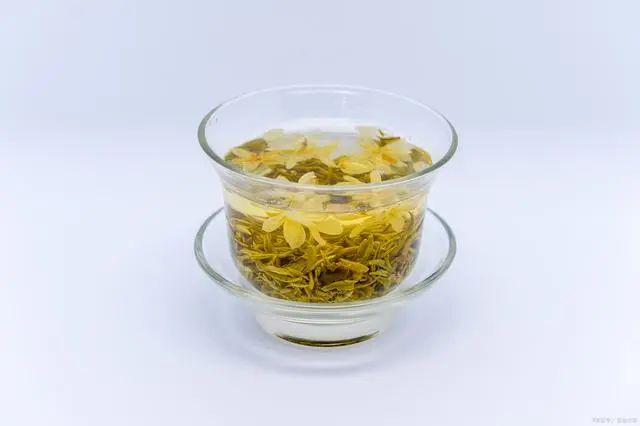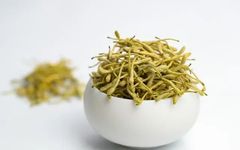Honeysuckle, also known as Jin Yin Hua (金银花), is a common traditional Chinese medicinal herb belonging to the Caprifoliaceae family. It has both ornamental and high medicinal value. Honeysuckle grows in various regions across China, particularly in the Jiangnan area, where it is more commonly found. Its flowers are white or yellow and shine like silver, hence the name Honeysuckle. Every summer, Honeysuckle blooms with beautiful flowers that emit a fragrant aroma, making it a beloved ornamental plant.
Honeysuckle is not just a beautiful flower but also a precious medicinal herb. It is rich in various active components, mainly including chlorogenic acid (金银花酸), rosmarinic acid (迷迭香酸), caffeic acid (咖啡酸), and flavonoids (黄酮类物质). These components have anti-inflammatory, antibacterial, and heat-clearing detoxifying effects. Traditional Chinese Medicine (TCM) considers Honeysuckle to have a bitter taste and a cool nature, which helps to clear heat and detoxify, as well as disperse wind and heat. Honeysuckle can be used to treat symptoms such as wind-heat colds, sore throat, and acute tonsillitis. Additionally, it can help clear heat and detoxify, showing efficacy against skin diseases like carbuncles and ulcers.
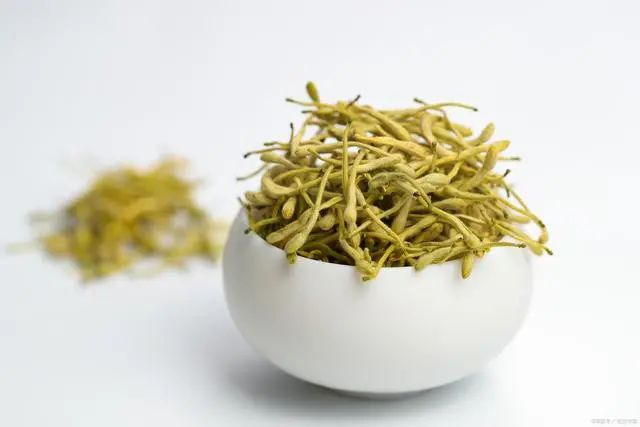
Honeysuckle: A Treasure for Brewing Tea, Helping to Solve 5 Problems
First, Honeysuckle has the effect of clearing heat and detoxifying. With summer approaching, many people experience dry mouth and tongue, and are prone to heat. At this time, brewing a cup of Honeysuckle tea can help clear heat and detoxify, reducing inflammation in the body and alleviating discomfort in the mouth and throat.
Second, Honeysuckle also has anti-inflammatory and antibacterial properties. If you often suffer from colds, coughs, or respiratory infections, consider brewing Honeysuckle tea. It is rich in flavonoids, which have anti-inflammatory and antibacterial effects, helping to relieve symptoms and speed up recovery.
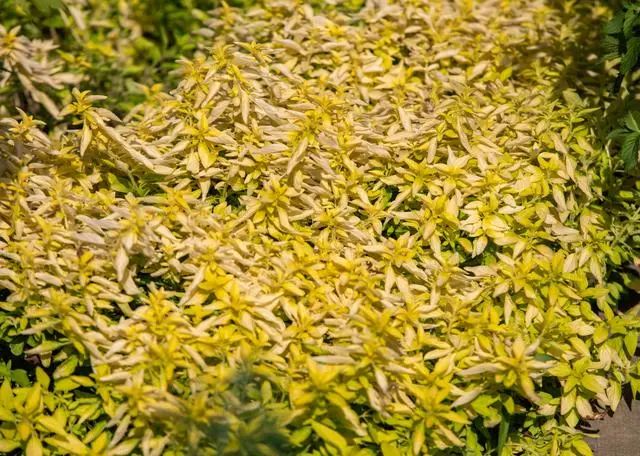
Third, Honeysuckle can improve skin problems. Prolonged exposure to computers, air conditioning, and other radiation sources can lead to dry and sensitive skin. The flavonoids in Honeysuckle have antioxidant properties that can help resist damage from free radicals and alleviate skin issues. Drinking a cup of Honeysuckle tea daily can have a positive effect on improving skin quality.
Fourth, Honeysuckle can relieve anxiety and insomnia. With the pressures of modern life, many people encounter anxiety and sleep issues. Brewing a cup of Honeysuckle tea can have a calming effect, helping to relax the body and mind, and promote sleep. If you have difficulty falling asleep at night, try drinking a cup of Honeysuckle tea; it may help improve your situation.
Fifth, Honeysuckle can promote digestion. If you often have a poor appetite or experience indigestion, consider brewing Honeysuckle tea. The active components in Honeysuckle can stimulate gastric juice secretion, aiding in food digestion and alleviating stomach discomfort. Drinking a cup of Honeysuckle tea after meals can positively impact digestion.
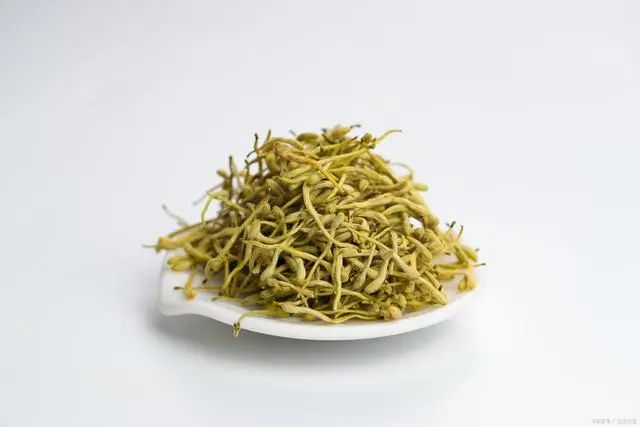
Precautions for Drinking Honeysuckle Tea
- Pregnant women should avoid it: Honeysuckle has certain medicinal properties that may affect the fetus, so pregnant women should avoid consuming it to prevent adverse effects on the fetus.
- Infants and young children should avoid it: Honeysuckle tea may be too stimulating for infants and young children, potentially causing digestive issues or allergic reactions, so it is not suitable for them.
- Allergic individuals should avoid it: Honeysuckle may cause allergic reactions; if you know you are allergic to Honeysuckle or have an allergic constitution, you should avoid consuming Honeysuckle tea.
- Individuals with bleeding disorders should avoid it: Honeysuckle has a certain blood-activating effect, so it is not suitable for those with bleeding disorders (such as ulcers or heavy menstruation) to avoid exacerbating their condition.
- Individuals with liver and kidney dysfunction should avoid it: Honeysuckle needs to be metabolized by the liver and kidneys; if these organs are not functioning well, it may affect the metabolism and excretion of the herb, increasing the risk of toxic side effects. Therefore, individuals with liver and kidney dysfunction should avoid consuming Honeysuckle.
It is important to note that the above precautions are for reference only. Whether Honeysuckle tea is suitable for you should be determined based on your specific situation. If you have any other questions, it is advisable to consult a doctor or pharmacist.
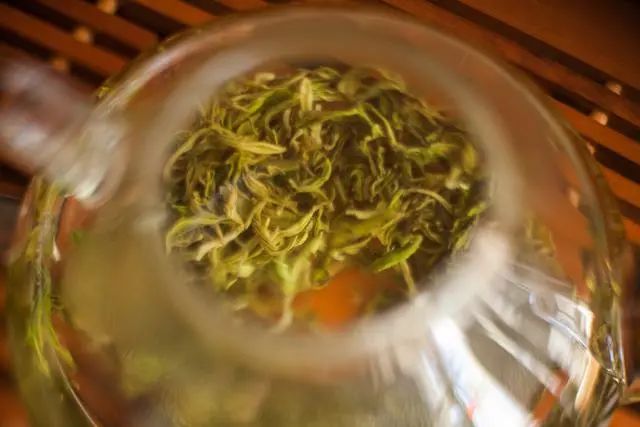
Combining Honeysuckle with Tea
- Honeysuckle Green Tea: Brewing Honeysuckle with green tea can enhance the fragrance and taste of the tea while also utilizing Honeysuckle’s heat-clearing and detoxifying effects.
- Honeysuckle Chrysanthemum Tea: Brewing Honeysuckle with chrysanthemum not only provides a refreshing taste but also has heat-clearing and vision-brightening effects, suitable for those who use their eyes for extended periods or experience eye fatigue.
- Honeysuckle Black Tea: Brewing Honeysuckle with black tea can retain the rich flavor of black tea while enhancing Honeysuckle’s heat-clearing and detoxifying effects.
It is important to note that when combining Honeysuckle with tea, one should choose according to personal taste and needs, and also control the amount of Honeysuckle used to avoid excessive consumption. If you have special health conditions or needs, it is advisable to consult a doctor or professional for advice.
